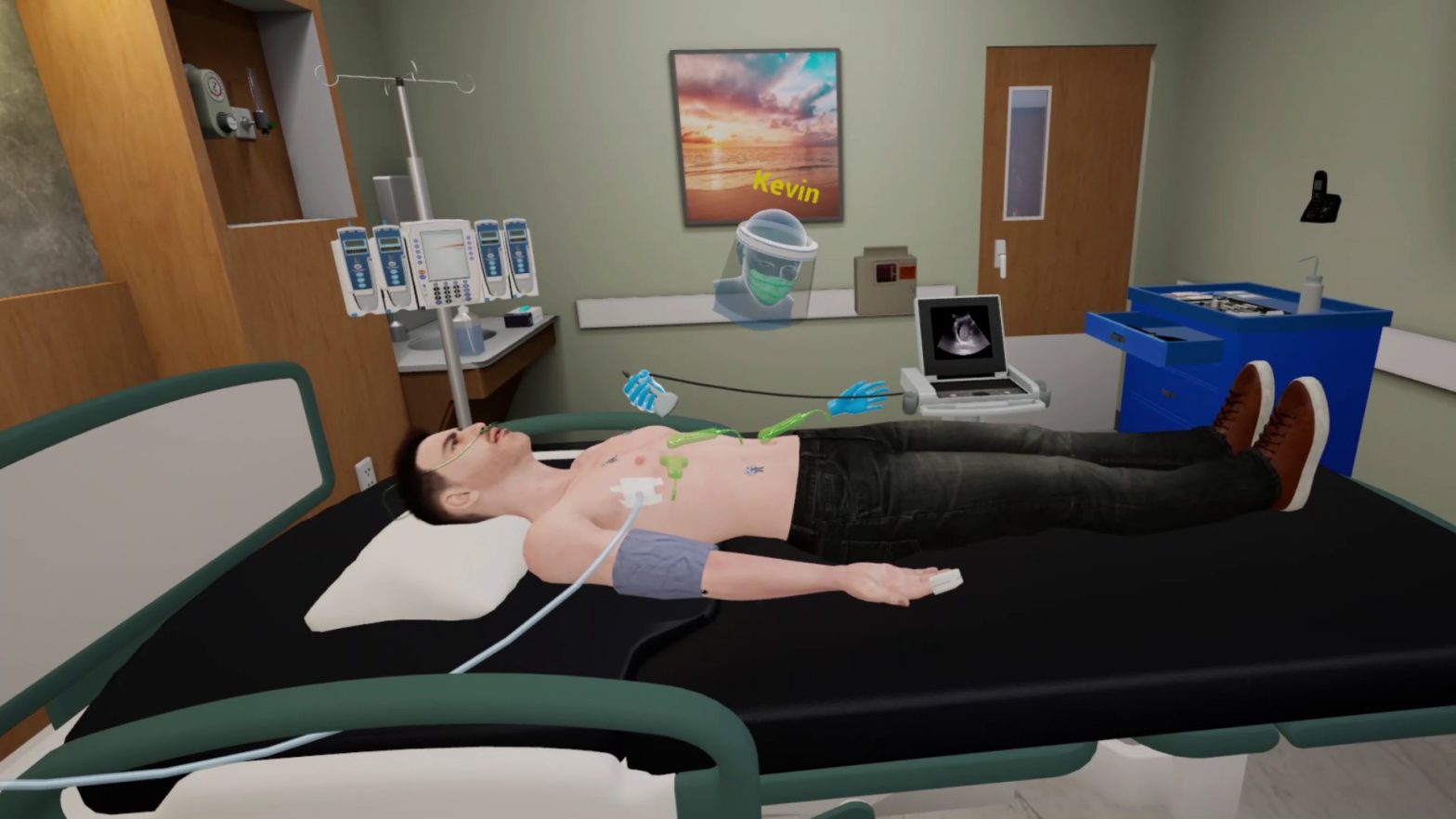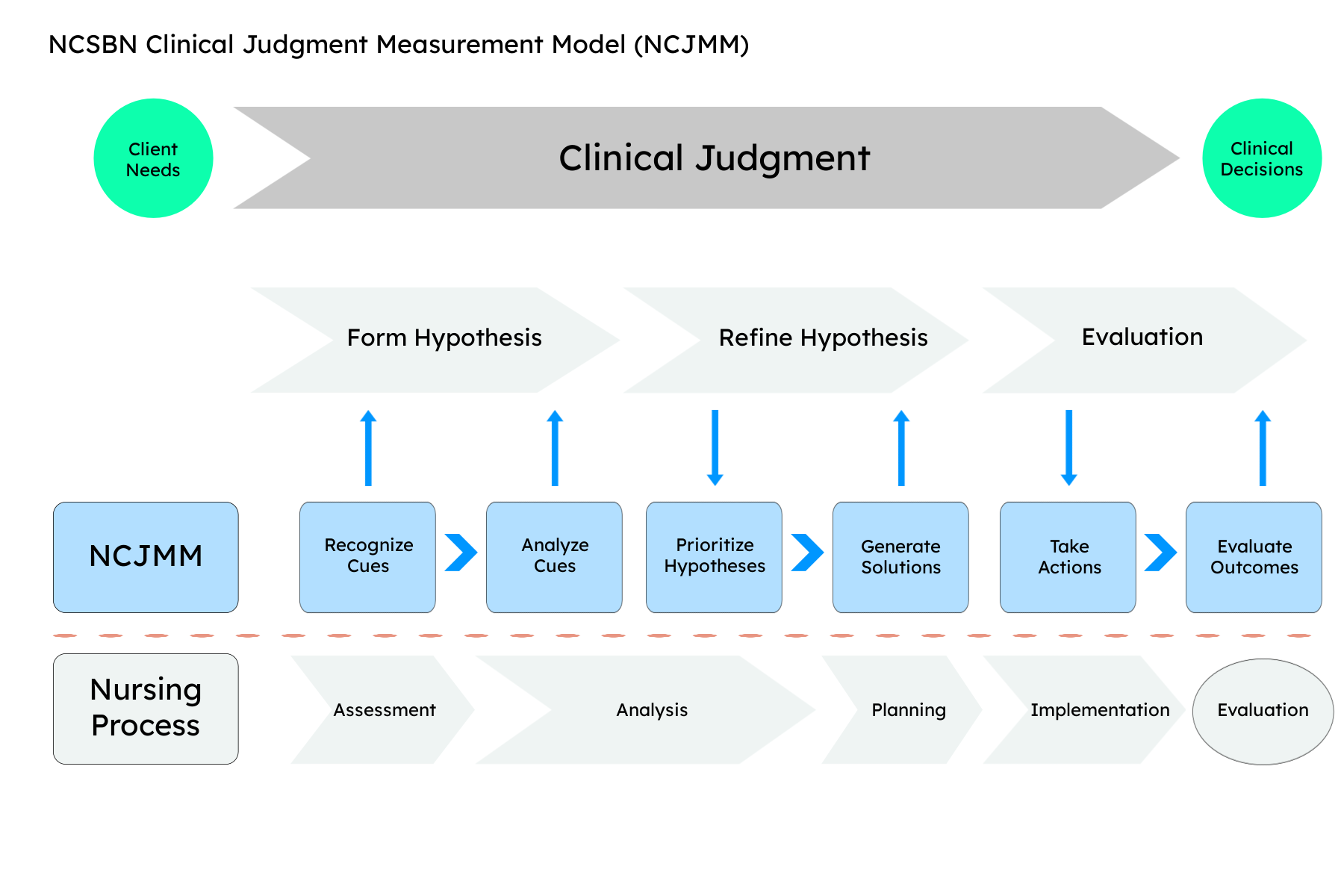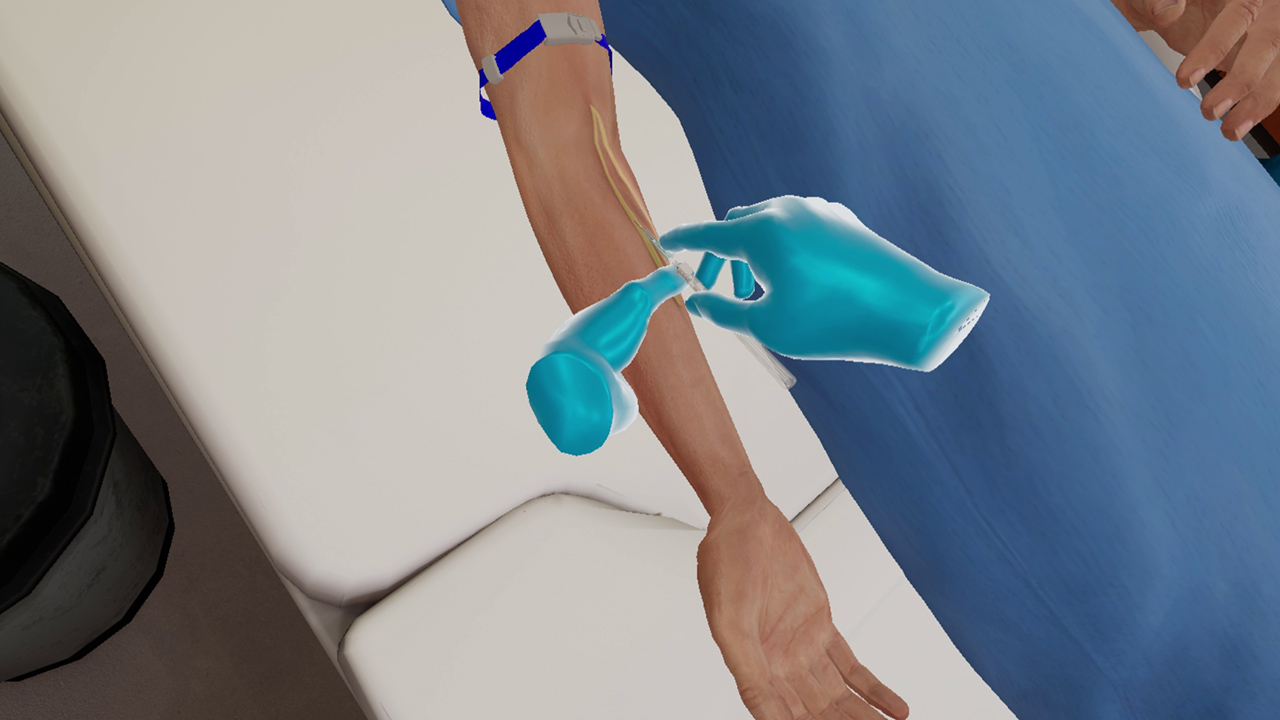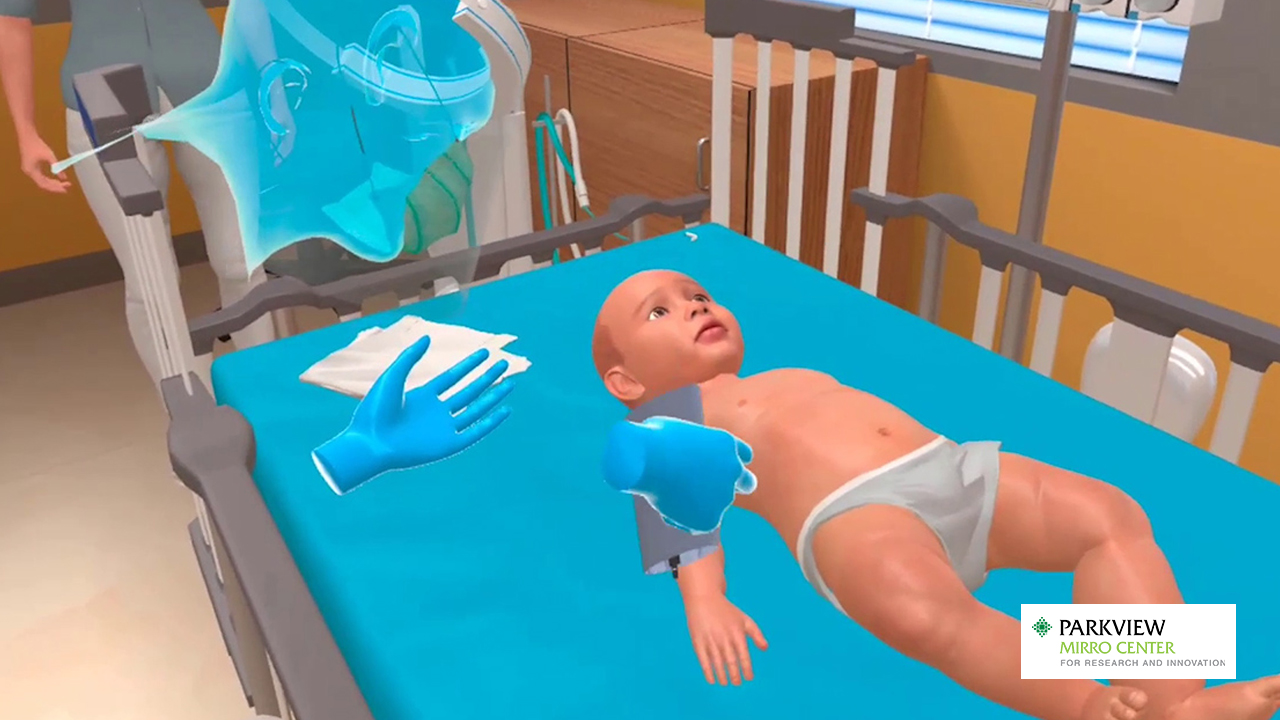
What is NCLEX?
The NCLEX exam is a necessary step towards becoming a licensed nurse. Also known as the National Council Licensure Examination, it is a standardized test that nursing candidates need to take after completing an accredited nursing education. A pass score from NCLEX proves to state boards that the candidate possesses entry level skills and knowledge required to practice as a nurse in a clinical setting.
The exam is administered by the National Council of State Boards of Nursing (NCSBN) and there are two types of NCLEX exams depending upon the role a candidate is seeking to take up.
– NCLEX-RN is for those working towards becoming registered nurses (RNs).
– NCLEX-PN is for those seeking to work as practical or vocational nurses.
These tests are periodically reviewed and revised to keep up with changing practices, challenges and requirements. In its latest update, NCSBN has introduced the Next Gen NCLEX (NGN) which contains significant changes. It is designed to test candidates on their clinical judgement skills, the skill to ask relevant questions and interact with patients.
Why Next Gen NCLEX?
With changing times, the healthcare system is also undergoing transformation. Technology is evolving, bringing in new systems and practices in patient management and care. Patients are suffering from complex diseases. There is increasing pressure on the nursing staff with an increasing need to take critical decisions.
NSCBN in its Strategic Practice Analysis Executive Summary, 2013-2014, listed down the top 10 high priority skills as:
– Clinical judgement
– Professional communication
– Active listening
– Problem solving
– Critical thinking
– Therapeutic communication
– Client monitoring
– Documenting
– Client education
– Focused assessment
According to the same report, among the top nine high priorities are abilities like oral comprehension, social confidence, speech clarity and self-sufficiency.
Bearing in mind these requirements NCSBN came up with Next Gen NCLEX (NGN) which is designed to test candidates in skills like clinical judgment, documentation, and interaction.
What is new in NGN?
According to Phil Dickison, PhD, RN, Chief Operation Officer, NCSBN, “clinical judgement is (actually) a fundamental component of nursing, of what nurses do, who they are.” This statement sets the tone for the key competency requirement for nurses.
– Clinical judgement – This is a skill that combines critical thinking and decision making. In the revamped evaluation system, NCSBN is now including real-world case studies to ‘measure a nurse’s ability to think more critically and make the right decisions.’ Researchers at NCSBN have come up with the NCSBN Clinical Judgment Measurement Model (NCJMM) which will serve as a valid measurement to clinical judgement and decision making. While these skills have been significant elements in prelicensure examinations, so far, no means have been developed to measure them. This would be the first time that a model is being put in place to derive valid inferences around clinical judgment and decision-making skills of prospective nurses
The NCSBN Clinical Judgement Measurement Model (NCJMM) was developed “as a framework for the valid measurement of clinical judgment and decision making within the context of a standardized, high-stakes examination.” The model lays down different layers starting from 0-4 where layer 0 defines the broadest context of the clinical situation and layer 4 the most specific contextual layer.

– Documentation – Another key skill that nurses must be proficient in is documentation. Correctly documenting the details of the patient is critical to the treatment process. This will lead to another significant skill, which is interaction.
– Interaction – Nurses interact with physicians and patients. It is as Phil Dickison says, “the underpinning of all things that nurses do.” Interaction would include the nurses’ abilities to understand not only what the patient communicates verbally but also to understand the non-verbal cues.
– Asking the right question – How does an interaction help a nurse document the correct information? This would only be possible if the nurse is skilled to ask the right questions. Be it an interaction with the physician or the patient, a nurse must know to ask the correct questions in order to provide the care in the correct manner.
How MedVR Education can help with NCLEX preparation?
In the NGN, NCSBN has come up with new types of questions which are designed to better assess a nursing candidate’s skills. These questions can be successfully tackled only when the preparation is thorough. MedVR Education’s range of nursing skill simulations and its unique features aptly map to the NCJMM and prove to be a suitable help for candidates to systematically prepare for the NGN.
– AI-Humans – This is an AI-powered platform where learners get to interact with virtual patients in a realistic manner. These virtual patients are AI-enabled, trained using large language model, and capable of responding to every question put to them. These questions could be related to their ailment or just a general chit-chat. However, they are also powered to remind the user to ask questions relevant to the scenario, making the learner aware of digressions. Learners also get to input information in an EHR based on the virtual patient’s responses. With the help of AI-Humans, candidates can practice the skills of interacting, documenting and asking relevant questions.
– Real-world cases – Each open scenario simulation places learners in realistic environments where they are required to interact with the patient/caregiver, understand the patient’s condition and take appropriate steps to manage the case. These environments could be within a hospital or be at a different location like a patient’s house, a basketball court or inside an ambulance. It may or may not be an emergency case and the wits and presence-of-mind of learners are put to the test. There may be time sensitive cases which learners are expected to complete on time and ‘save the day’.

The MedVR Ed open scenario algorithm.
– Assess and Evaluate – The open scenario algorithm follows the process of assessing, evaluating, implementing and debriefing. As in real life, nurses are faced with a multitude of cases and based on the initial reports and observations have to take immediate decisions. Similarly, in these open scenarios, a learner is presented with a case and is required to assess the patient and apply clinical knowledge to evaluate the condition of the patient.
– Act and Implement – Keeping in mind patient priorities, learners use their clinical judgement skills to implement the best line of treatment. As may be the, an initial treatment will be administered, and the case escalated to a specialist for further treatment.
– Debriefing – All open scenario sessions are followed by a debriefing where the learners get to understand and analyze their own performance. Having known how they fared and what the shortcomings were helps the learners practice and prepare better for the next virtual session. Continued and consistent practice helps learners gain confidence and perform with efficiency.
NCLEX rolled out Next Gen NCLEX in April 2023 with special emphasis on testing the clinical judgement skills of nursing candidates to ensure better patient outcomes. In order to prepare well for these exams, candidates need quality training material, which is realistic in nature, helping them prepare to take on real-life challenges. MedVR Education’s simulations are not only photorealistic but present learners with close-to-reality circumstances that they can relate to in the real-world and apply the acquired knowledge and skill as and when required. These simulations provide an excellent training platform to tackle the NCLEX with ease.
Contact us to know more about VR in healthcare training or visit MedVR Education to explore the various programs we offer.


